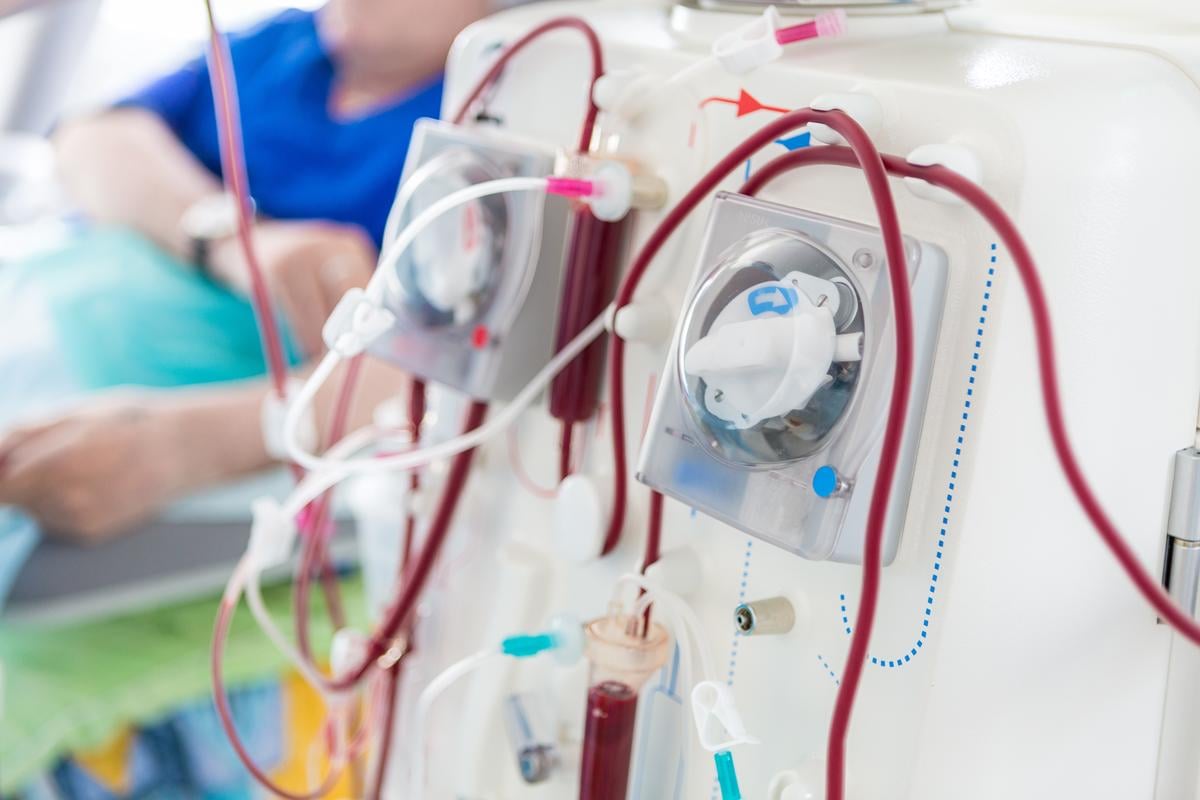
Babies born preterm face a life of lowered prospects, a new study warns. Adults who were preemies are less likely to achieve higher education or snag a high-paying job, researchers reported Nov. 6 in the journal PLOS One. What’s more, the earlier preterm a baby is born, the worse his or her future prospects appear… read on > read on >


















